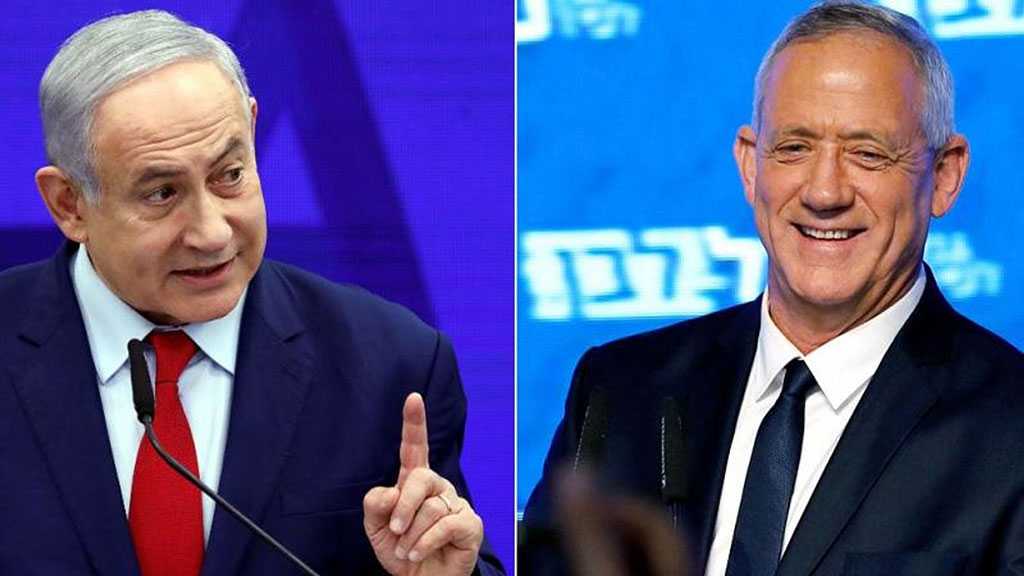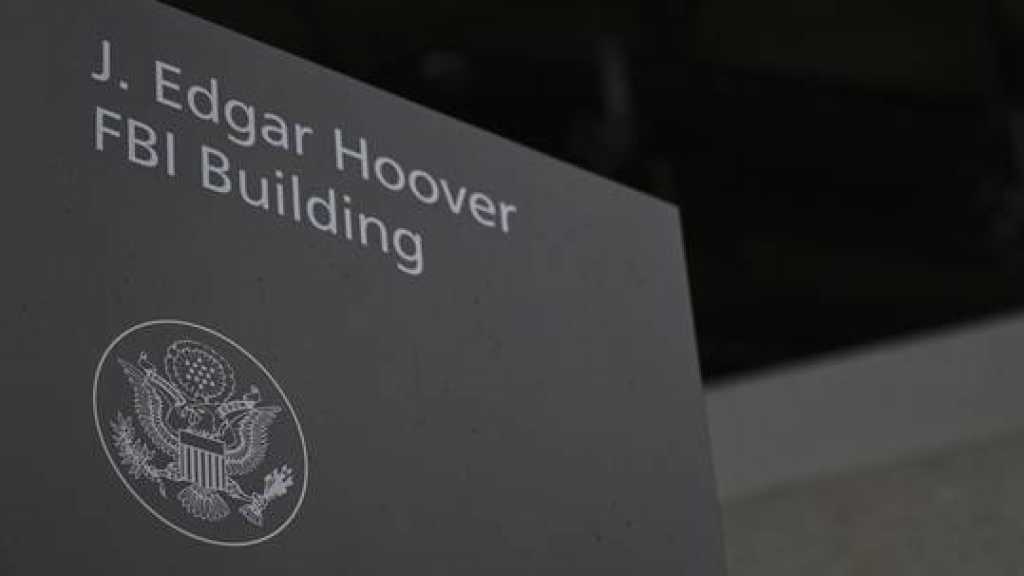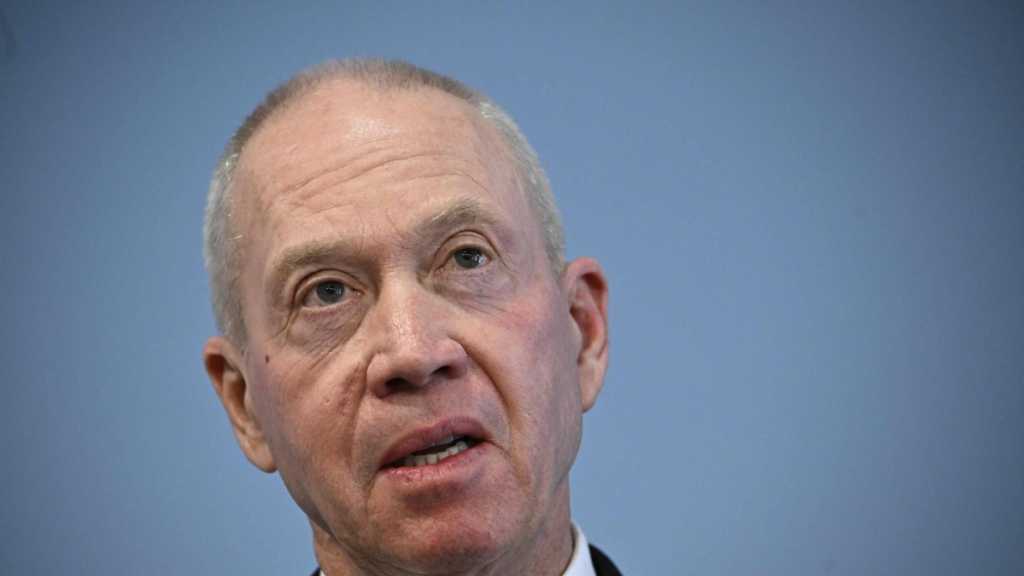Exit Polls: «Israel» Election Result Too Close To Call

By Staff, Agencies
Exit polls following the “Israeli” entity’s second general election in five months suggest the result is too close to call.
Incumbent “Israeli” PM Benjamin Netanyahu's party is projected to win 30 to 33 seats and that of his main challenger, Benny Gantz, 32-34 seats.
A prime minister needs to command a 61-seat majority in parliament. The smaller Yisrael Beiteinu party appears to hold the balance of power.
Official results are expected on Wednesday morning.
Benjamin Netanyahu, the “Israeli” entity’s longest-serving primer, is vying to win a record fifth term in office. Netanyahu, who leads the right-wing Likud party, has pledged to annex Jewish settlements and a swathe of other territory in the occupied West Bank if he is returned to power.
Gantz, who leads the centrist Blue and White party, has not advocated any form of annexation though his position on the creation of a Palestinian state is unclear.
Netanyahu called the snap election after failing to form a governing coalition in the wake of an election in April.
A revised exit poll released by “Israeli” broadcaster Kan early on Wednesday projected that Blue and White would win 32 seats and Likud 31 in the 120-seat Knesset.
The entity’s Channel 12 News put Blue and White and Likud level on 32 seats, while an updated poll Channel 13 News predicted that Blue and White would win 32 seats and Likud 30.
There was a muted response at Likud's election night headquarters in Tel Aviv as the exit polls were released.
Hundreds of chairs for party supporters remained empty, as activists were kept outside the hall and leaders digested the numbers.
Likud's foreign affairs director noted that “Israeli” exit polls had got things wrong in the past. Last time, they underestimated the number of votes for Likud and also for some of the religious parties allied to Netanyahu.
"There is no point starting to work out a coalition based on these numbers as they will change," Eli Hazan said.
But Blue and White was "cautiously optimistic" that the “Israeli” entity would get new leadership, spokeswoman Melody Sucharewicz told the Times of “Israel”.
The election has been a referendum on Netanyahu's last 10 years in office. In opposition strongholds in Tel Aviv I saw queues of voters were waiting and hoping to end his political career.
Netanyahu was, as usual, a formidable campaigner, even starring in his own commercials. His message was that he's the only one – with his powerful friends like US President Donald Trump – to protect “Israelis” from Iran and the Palestinians.
Avigdor Lieberman could be the politician the prime minister fears most once the coalition negotiations start. His Yisrael Beiteinu party could hold the balance of power.
One important factor is that although he used to be a major ally of the prime minister, now they're opponents, even enemies.
After the exit polls Lieberman's supporters were the only ones who were celebrating. If the results back that up – polls aren't always accurate – then the Netanyahu era in “Israeli” politics is ending.
Once the votes are counted, it could take weeks of coalition horse-trading before the next government and prime minister emerge.




